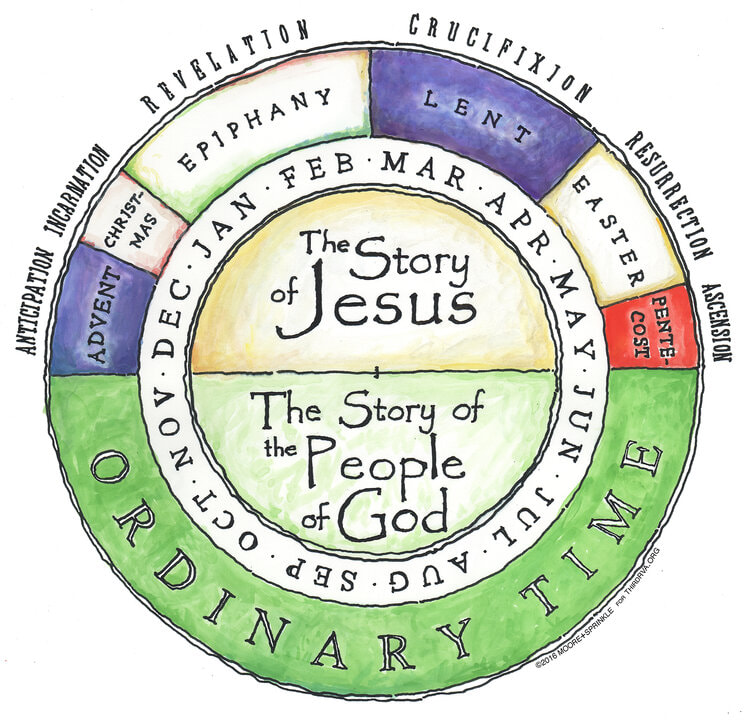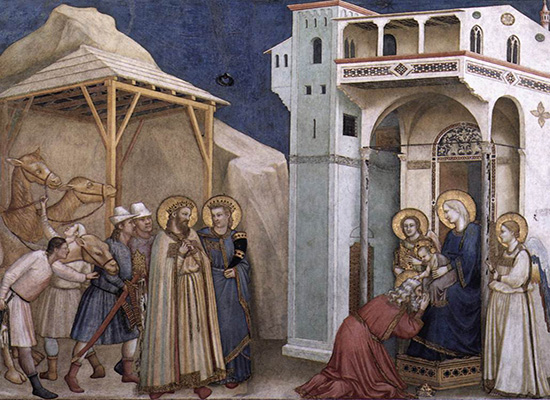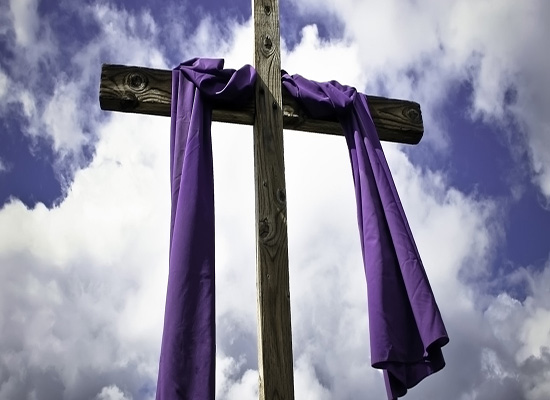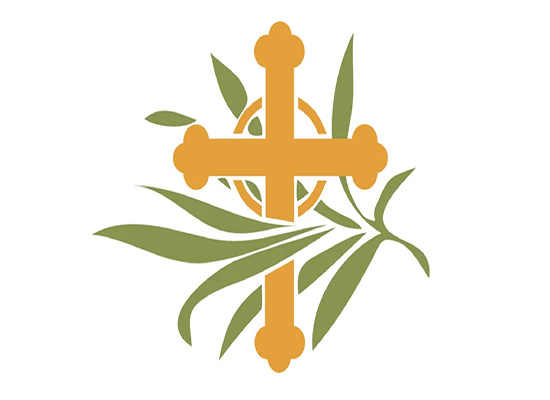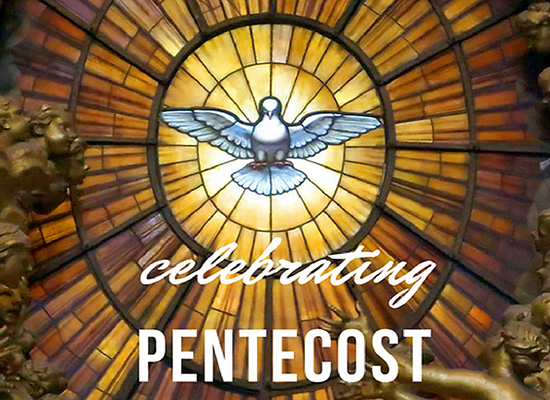There are numerous methods by which we mark the passage of time, including observing the lunar cycle, the progression of seasons, and the division of time into days, weeks, months, and years. Within the Church, time is also measured through our church calendar and the liturgical year – what we call our “Seasons of Grace.”
Click here for our Grace Church Calendar


